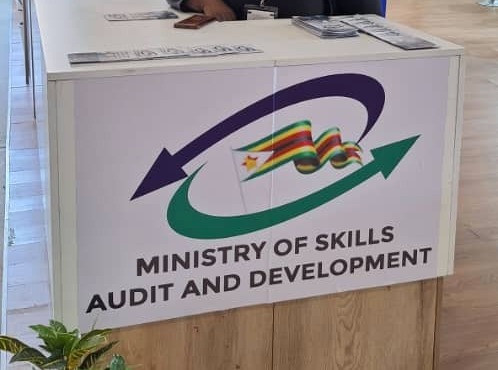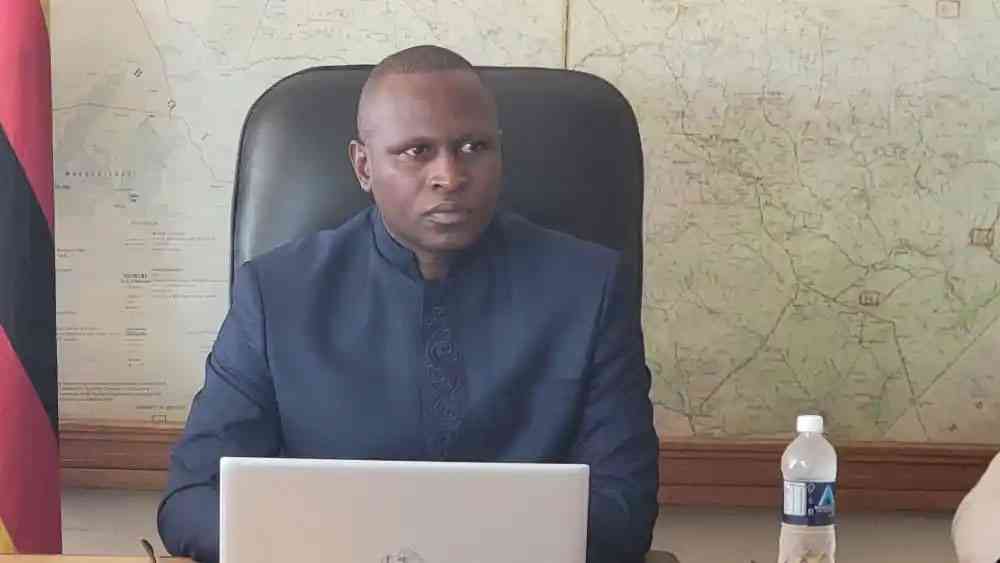
Just a day after a closed-door dialogue between the Ministry of Skills Audit and Development, academia and industry leaders, a local advisory practitioners association is offering a potential boost to the government's skills development and retention initiative.
The Indigenous Advisory Practitioners Association of Zimbabwe (IAPAZ), which represents a diverse range of professionals across various sectors, has proposed a collaborative partnership with the Ministry.
The move by IAPAZ suggests a potential turning point in addressing the critical issues of skill drain and graduate quality, which dominated recent discourse.
"We are no longer at a stage of finger pointing," stated Last Matema, IAPAZ National Secretary General.
"Blaming the government, academia or industry will not do us good. We need to collaborate. That is why we have written to the Ministry."
IAPAZ's proposal outlines a suite of programs aimed at bridging the skills gap and fostering innovation. These initiatives address specific challenges such as:
Retired Corps Without Borders: Experienced professionals over 65 bridge the theory-practice gap by volunteering their expertise to educational institutions, enhancing student learning outcomes.
Career Guidance: IAPAZ offers guidance seminars and facilitates learner-mentor pairings, providing invaluable support for young professionals.
- Government emphasises education diversification, as brain drain bites
- Local association extends hand to government in Skills development push
- IAPAZ extends hand to government in Skills development push
- Skills shortage drives import bill, worsens current account
Keep Reading
Skills and Innovation Fair: This event showcases student-developed solutions to national challenges like food insecurity, infrastructure development, and brain drain among a host of national challenges . It promotes problem-solving, ingenuity and resilience.
SMEs: Mindset Shift: This ongoing program which the association is doing with Zimbabwe Chamber of SMEs equips learners and small and medium-sized enterprises (SMEs) with the skills and knowledge to identify business opportunities within Zimbabwe, fostering entrepreneurship and a resilient approach.
Matema emphasized the need for a shift in focus to be services export oriented: "Zimbabwe cannot continue not recouping the investment it made in skills development that are currently benefiting other countries. We can't be a training ground for the world and not earn from our investment."
IAPAZ's proposal comes at a critical juncture. The government's recent dialogue with stakeholders suggests a proactive approach to addressing the national skills landscape.
IAPAZ's collaborative offer, with its comprehensive programs, presents a promising opportunity to address the concerns of brain drain, graduate quality, and skill retention in Zimbabwe.










